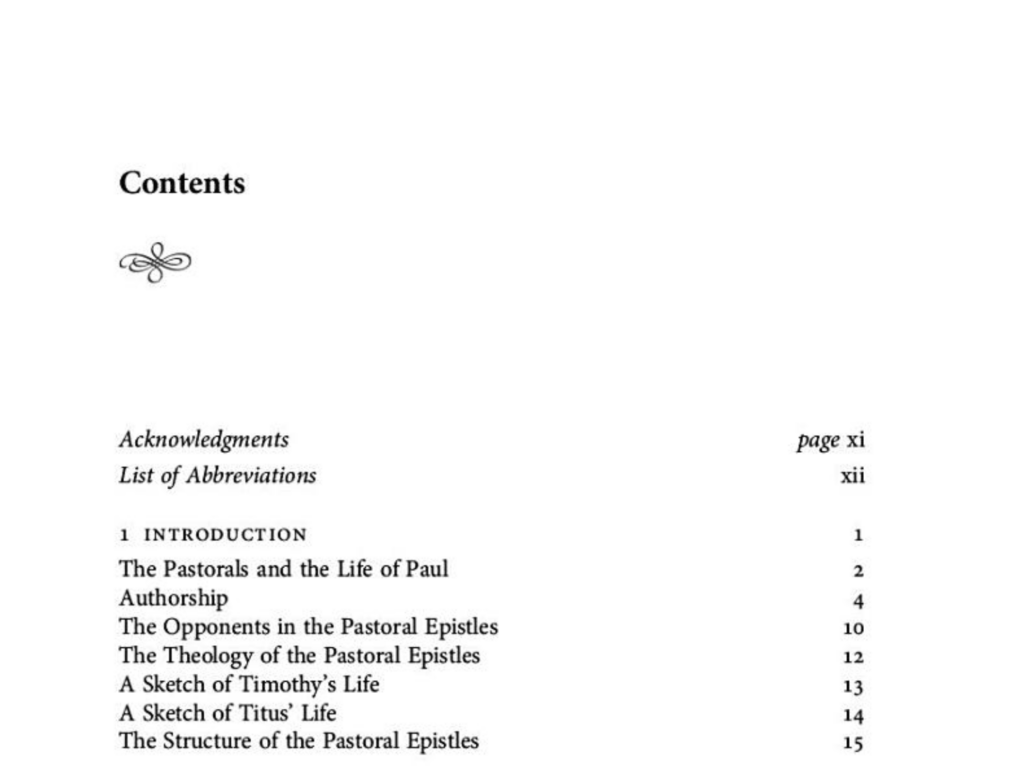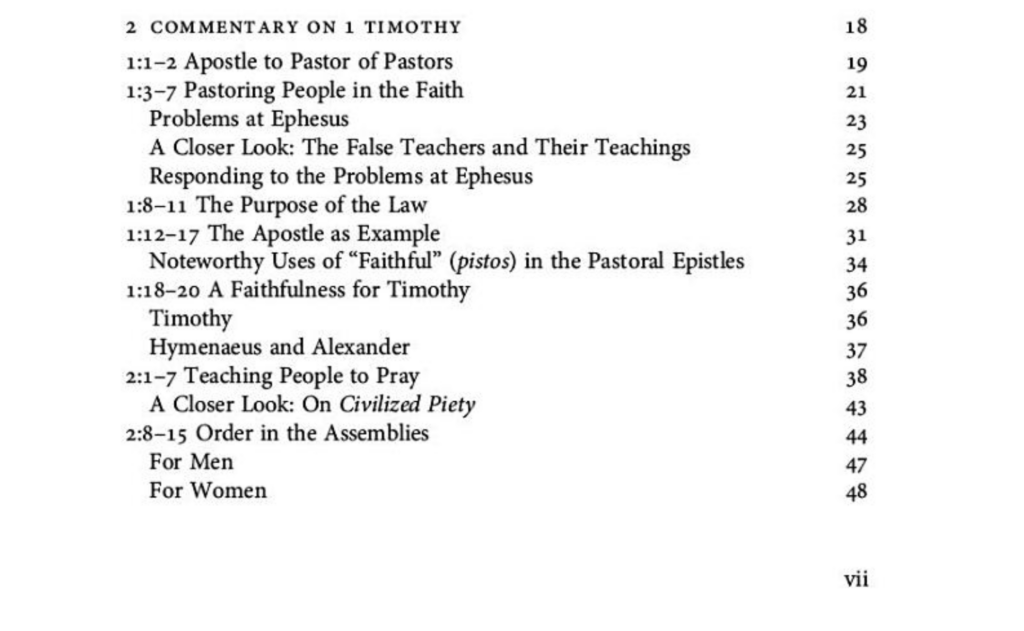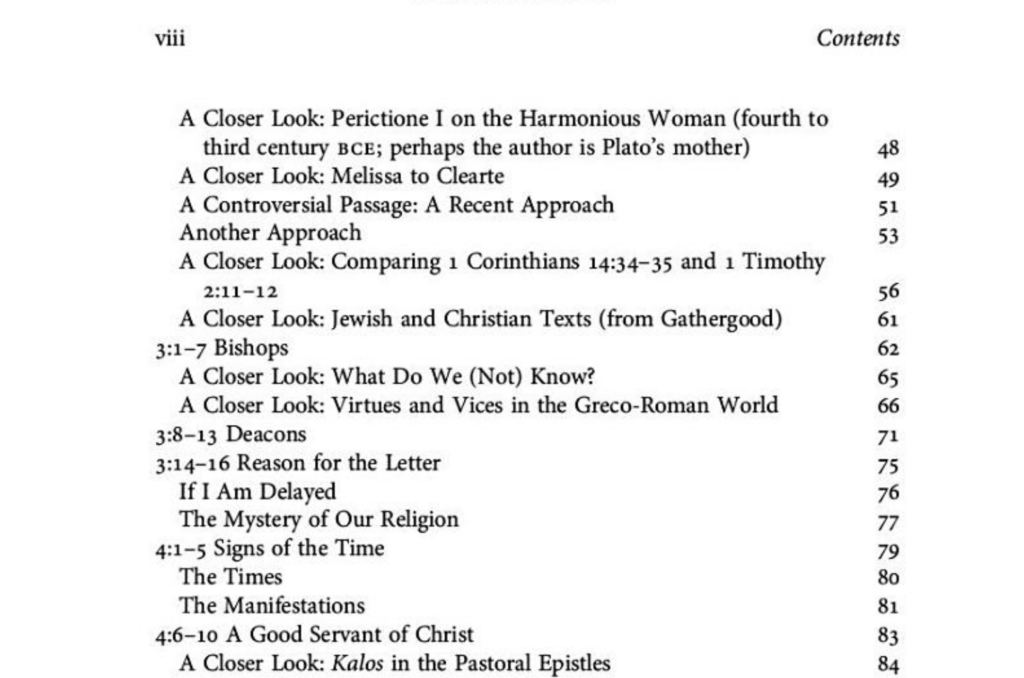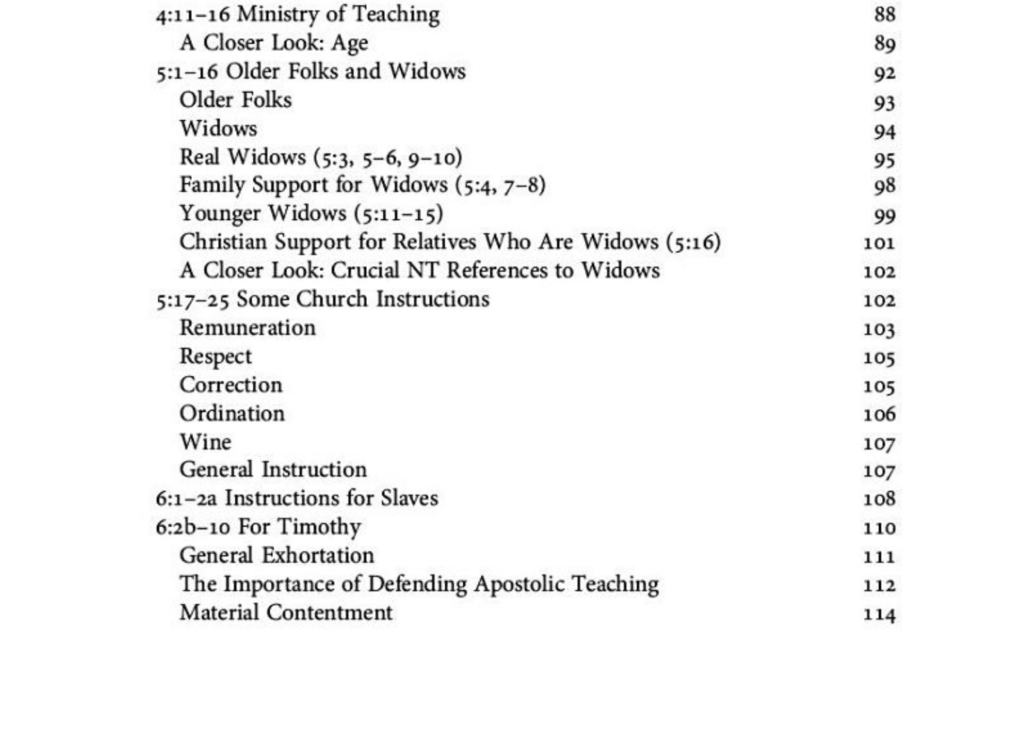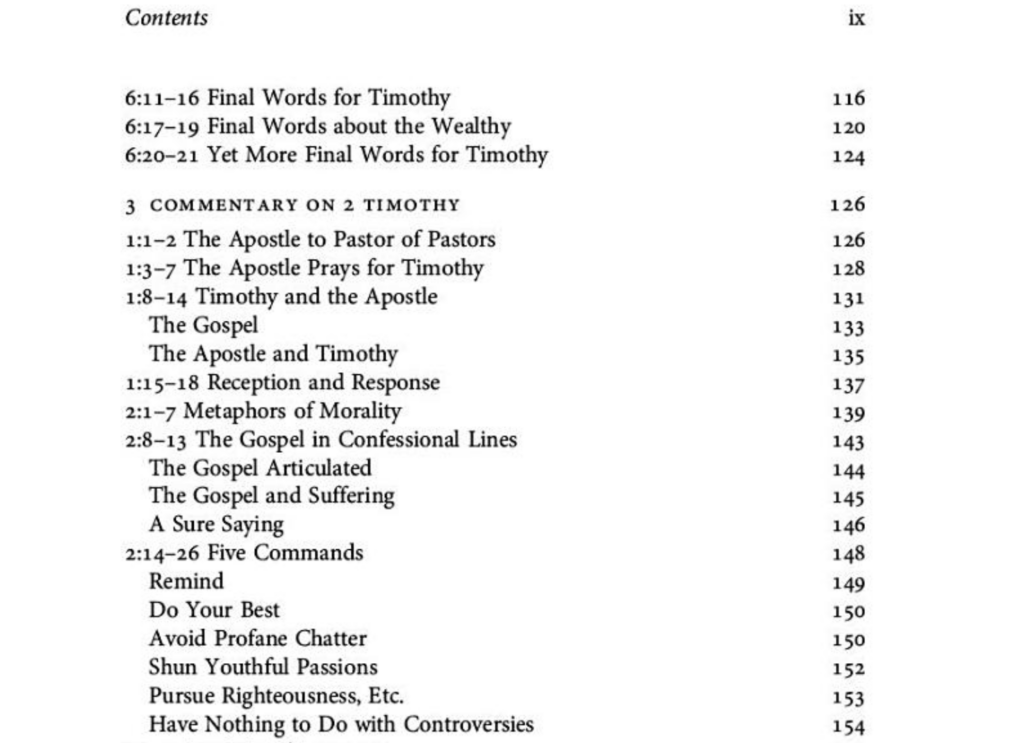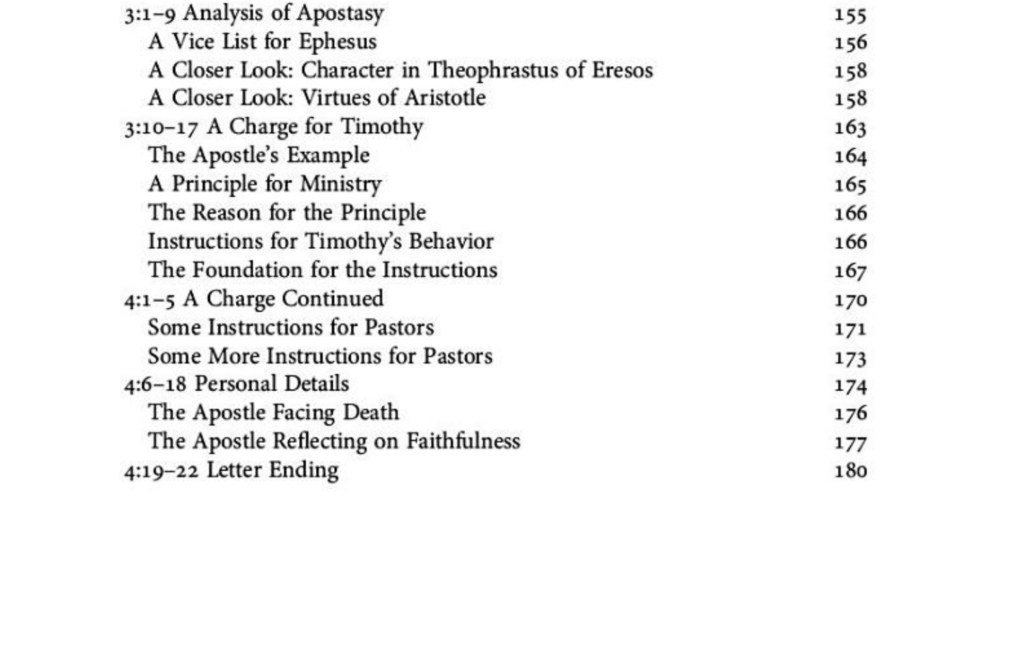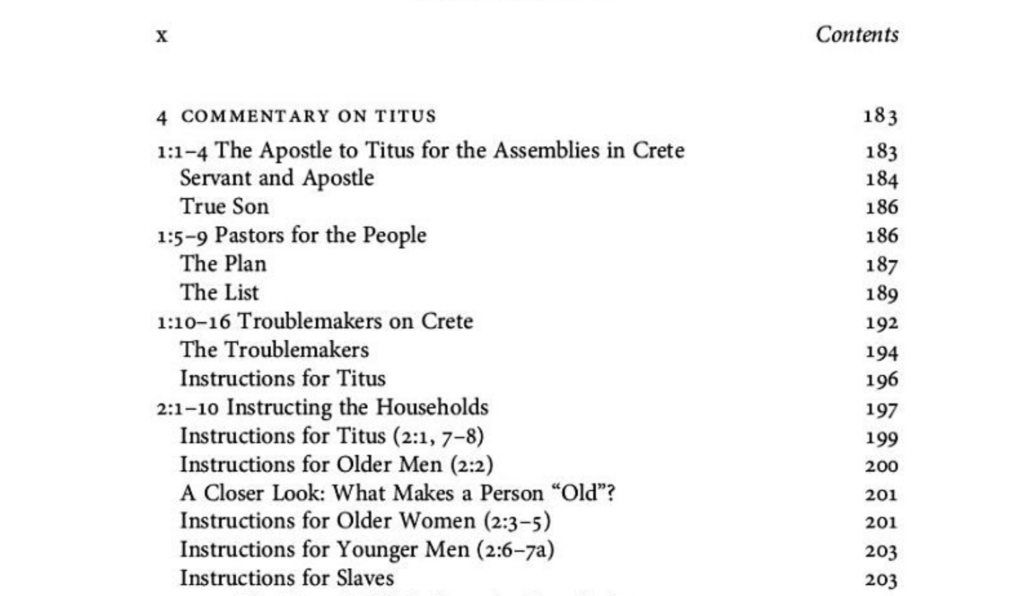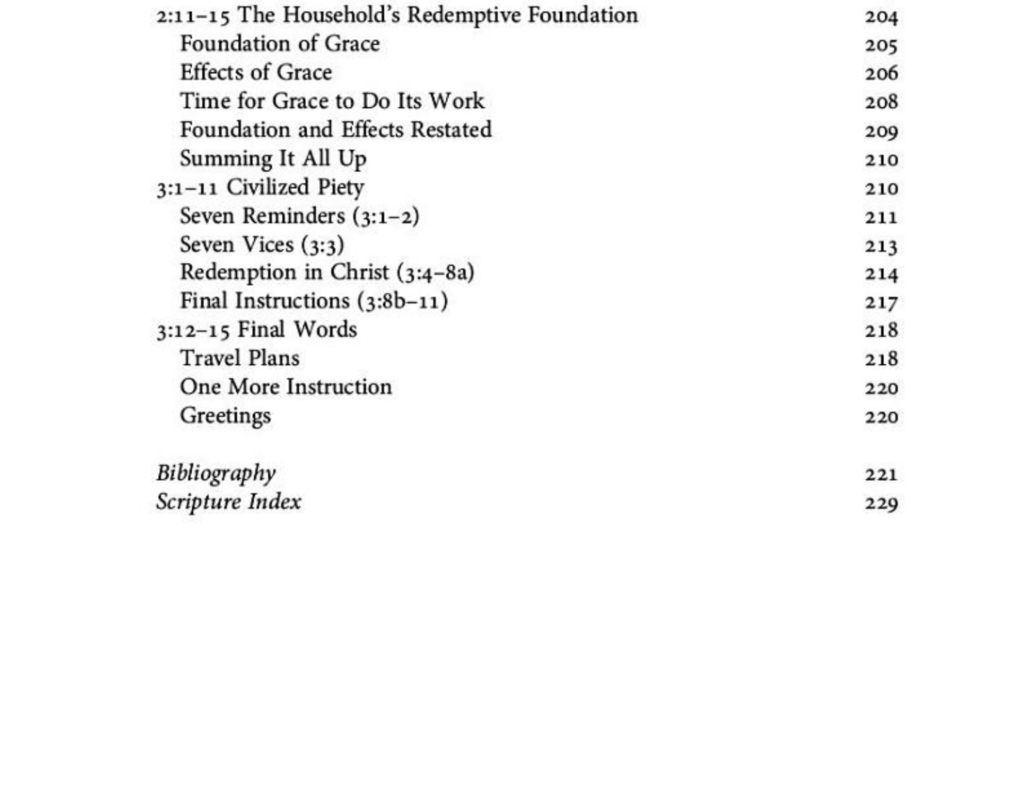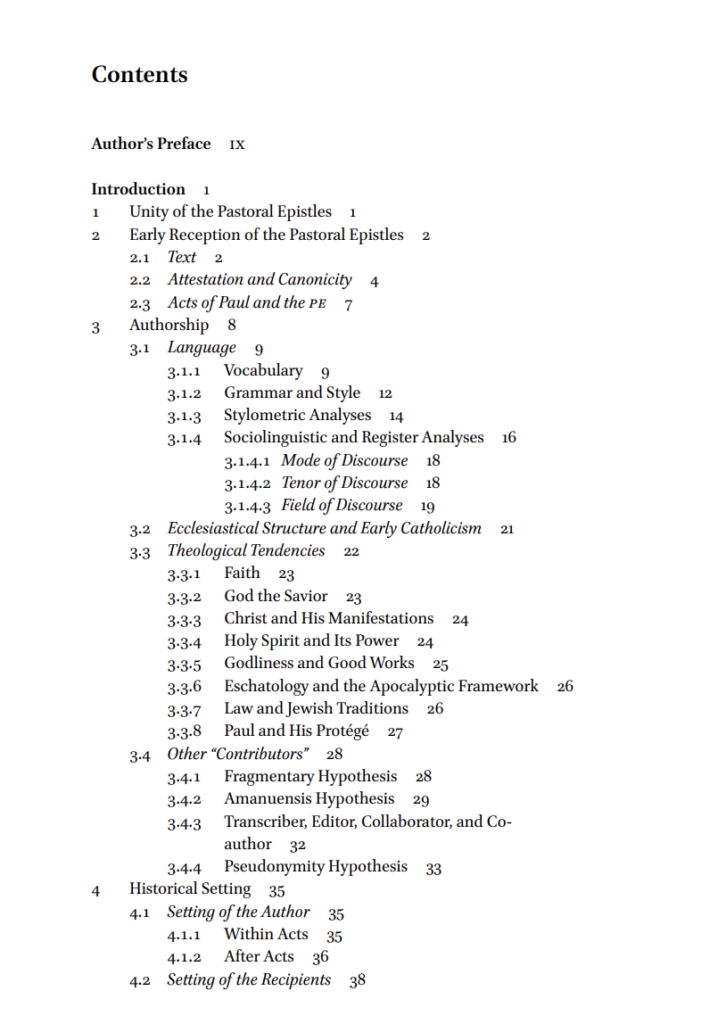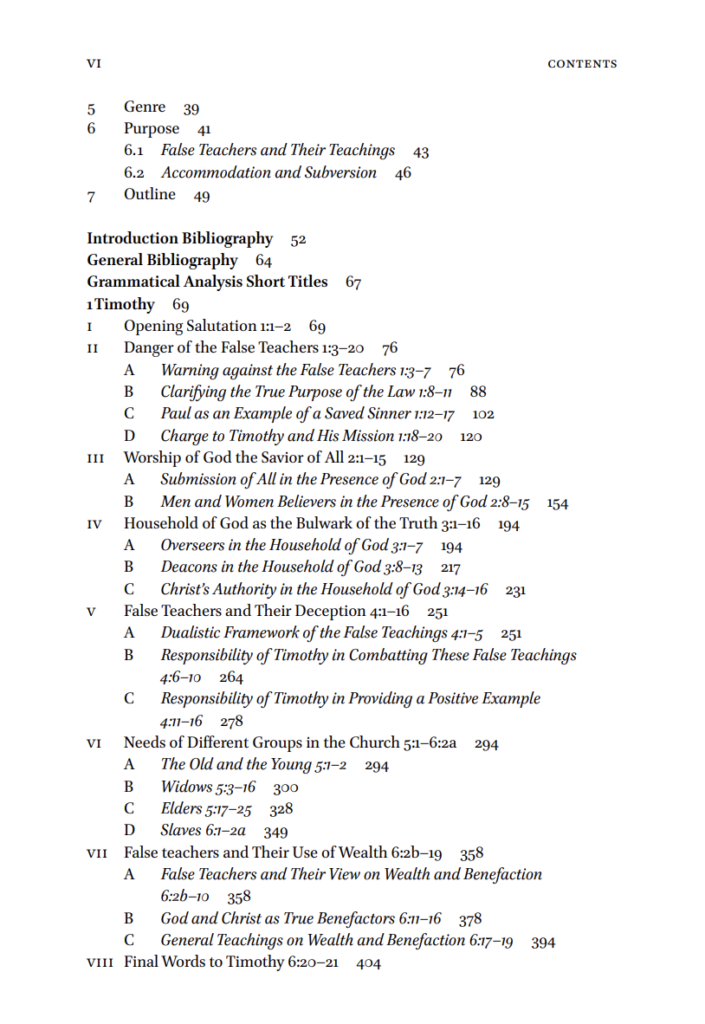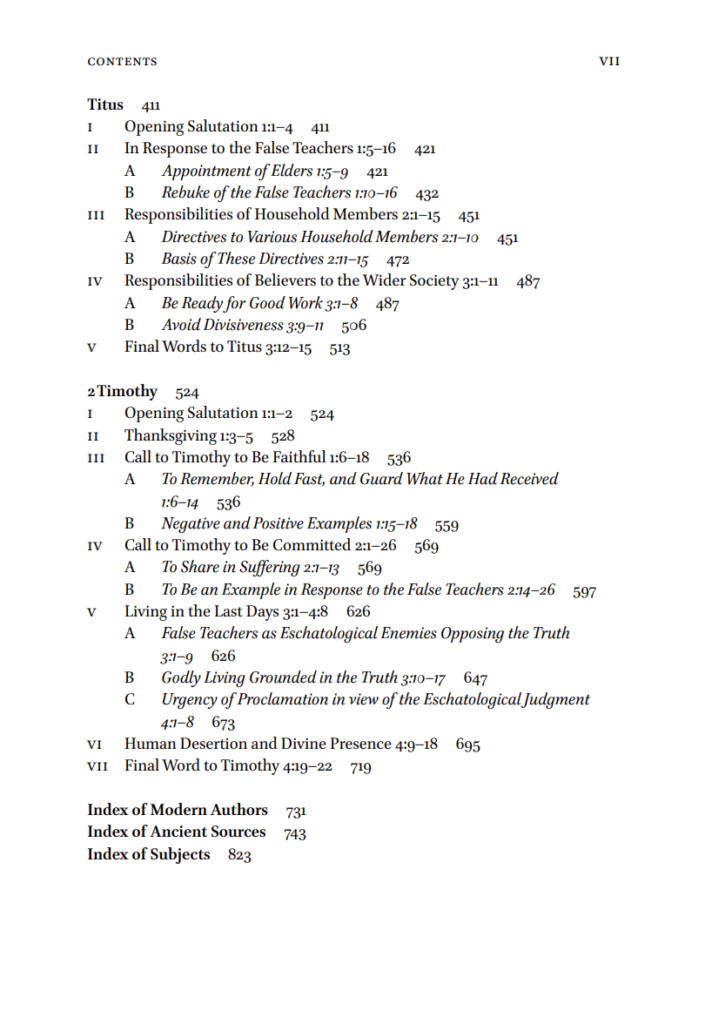In the first half of each year, we compile and post annual bibliographies for researchers in the Letters to Timothy and Titus. These lists of just-published and soon-to-be published studies aim to give some idea of research trends and to help researchers in the Pastorals maintain control of the secondary literature. Among other avenues of bibliographic discovery, we solicit the input of Pastorals scholars who have published previously on the letters. Our thanks to all who contributed!
Our annual bibliography of recent publications on the Letters to Timothy and Titus covers contributions from all of 2024 and early 2025. Over 180 items long and international in scope, the list contains monographs, journal articles, and commentaries, as well as lists of dissertations and conference presentations on the letters. It is available for viewing and downloading here.
Our annual bibliography of forthcoming academic publications on the Letters to Timothy and Titus is wide-ranging, containing over fifty forthcoming works, including essays, monographs, and commentaries. This bibliography is available for viewing and downloading here.


